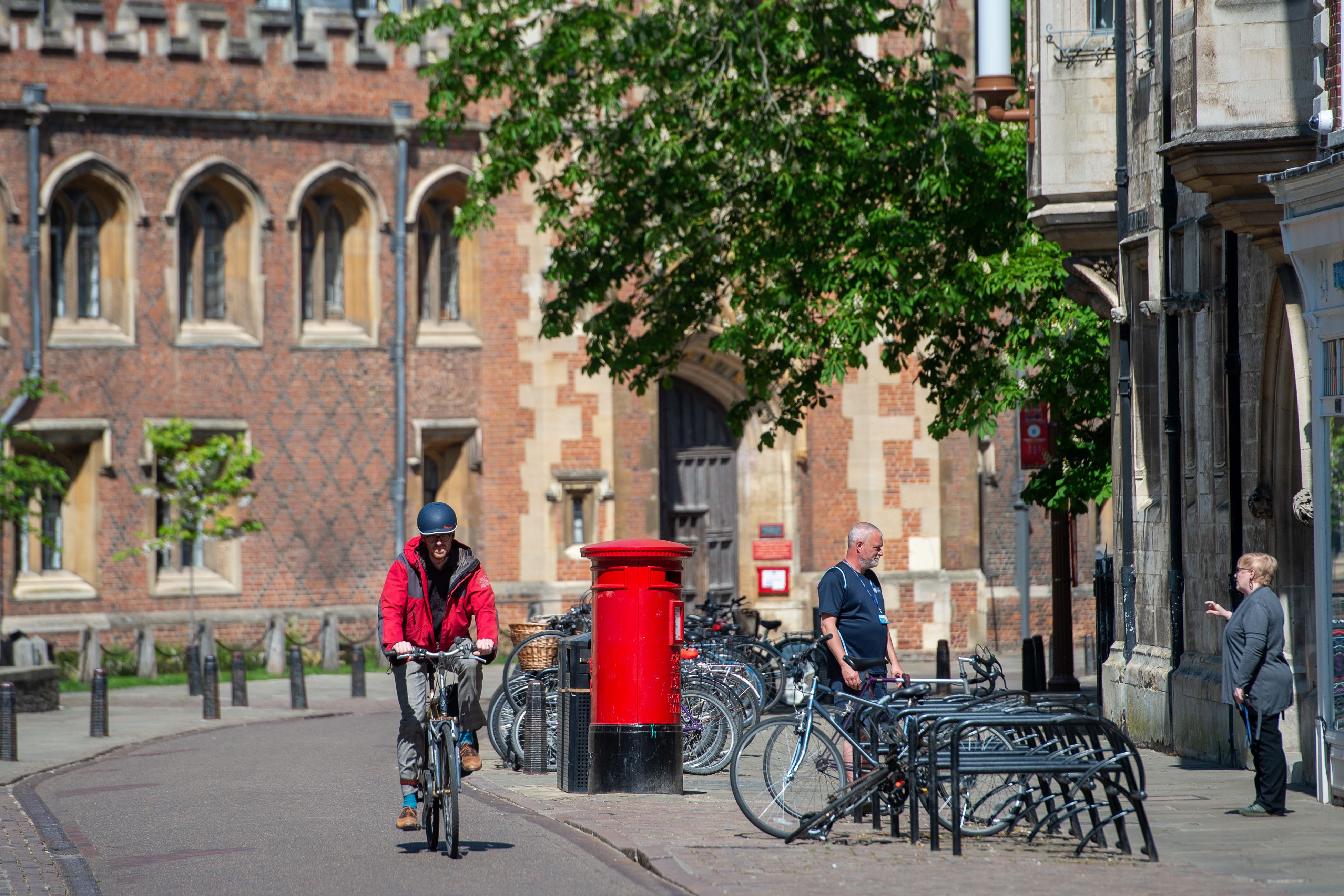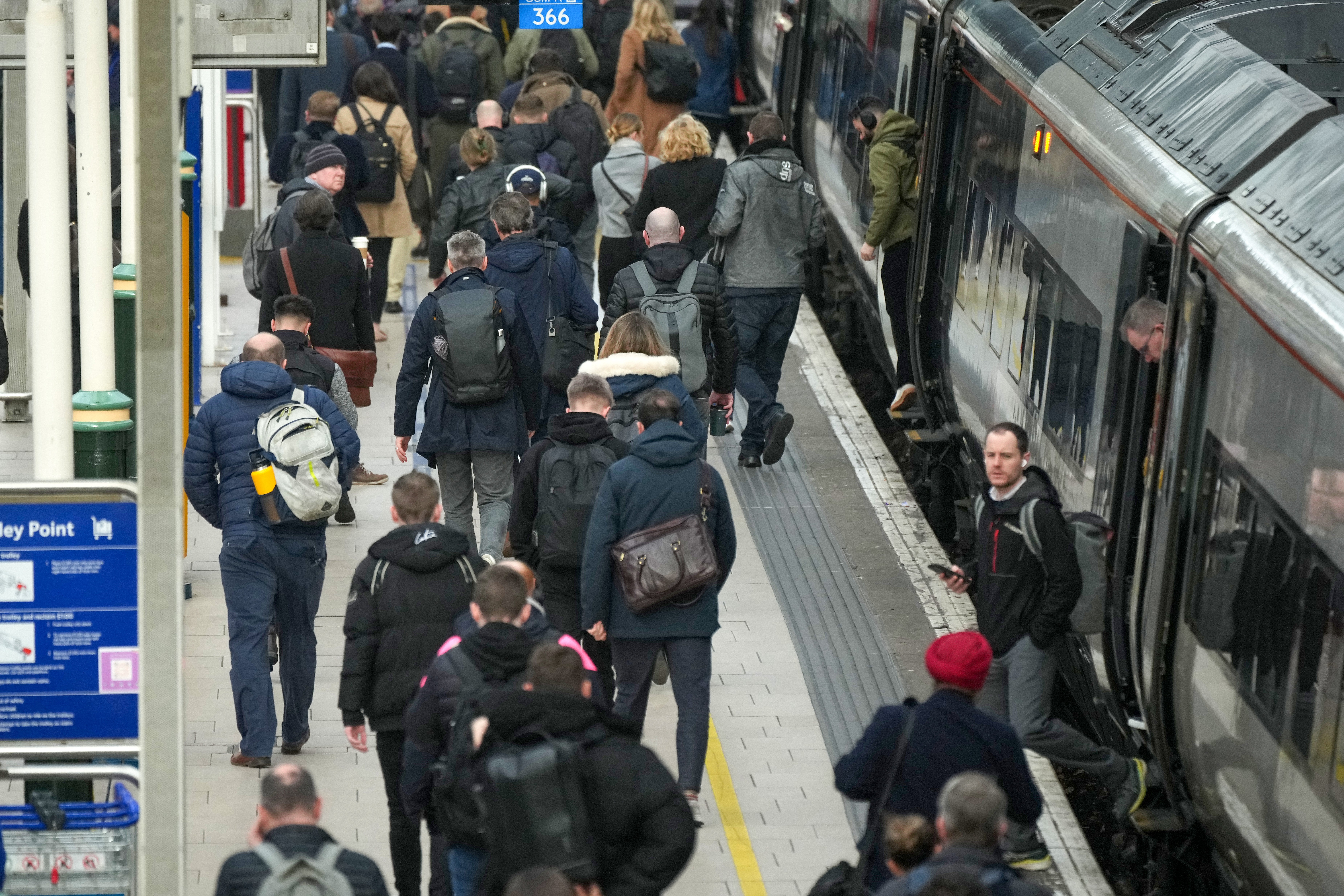Another city is set to introduce a nightly tourist tax
The payment of a local charge by visitors is common in Europe

Your support helps us to tell the story
From reproductive rights to climate change to Big Tech, The Independent is on the ground when the story is developing. Whether it's investigating the financials of Elon Musk's pro-Trump PAC or producing our latest documentary, 'The A Word', which shines a light on the American women fighting for reproductive rights, we know how important it is to parse out the facts from the messaging.
At such a critical moment in US history, we need reporters on the ground. Your donation allows us to keep sending journalists to speak to both sides of the story.
The Independent is trusted by Americans across the entire political spectrum. And unlike many other quality news outlets, we choose not to lock Americans out of our reporting and analysis with paywalls. We believe quality journalism should be available to everyone, paid for by those who can afford it.
Your support makes all the difference.Hotel guests could face a £2 per night tourist tax to help fund investment in the prestigious university city, under proposals being considered by councillors.
The payment of a local charge by visitors is common in Europe, according to a Cambridge City Council report, and the launch of a similar scheme in Manchester last April was “successful”.
A scheme in Cambridge could achieve “significant investment in the visitor economy in the Greater Cambridge area at a level previously unseen”, according to the document.
It said the Manchester scheme currently charges £1 plus VAT per room per night.
Under proposals, visitors to hotels in Cambridge that have 10 or more rooms could be charged £2 per room per night, rising to £3 from the third year of the scheme.
This could raise between £1.5 million and £2.6 million per year over a five-year business plan, according to the report, based on an average occupancy rate of between 66% and 76%.
It said that an Accommodation Business Improvement District (ABID) would be created as the vehicle to levy the charge for overnight hotel stays, and that this would be collected by hotels.

Hotels would pass this on to the ABID quarterly in arrears based on an average occupancy rate set by the business plan.
It said that a rateable value threshold would decide which businesses charge the levy, and that around 35 hotels and properties with more than 10 rooms have been identified in this regard.
Airbnb and self-catering accommodation, which fall outside of the business rate database used under BID legislation, would not have to collect the levy.
Nor would businesses where accommodation is a secondary part of the business – such as pubs with a few rooms.
Some university colleges operate a commercial bed and breakfast offer at some times of the year but cannot be mandated to charge a visitor levy as they are educational institutions, the report said.
But the document said a “voluntary agreement is being explored with the relevant colleges to cover the times of the year when they let rooms on a commercial basis”.
Jemma Little, economic development manager at Cambridge City Council, told a meeting of the authority’s strategy and resources scrutiny committee this week that initial discussions with hoteliers had been “positive”.
“In order for the ABID to be established, there needs to be a ballot of the hotels within that catchment area (of Greater Cambridge),” she said.
“It’s not something the council can decide.
“It’s very much decided by the hotels who would be expected to charge the levy and the BID (business improvement district) has timetabled that ballot to take place in July this year.
“They’ve written to the Secretary of State to inform him that this will be taking place.”
If proposals are approved, the new ABID could start as soon as 2025.
Maria Manion, chief executive of Cambridge BID, said: “We’re keeping it as simple as possible based on the Manchester model.
“The smaller businesses won’t be involved at this stage.
“It’s going to be hotels with 10 or more bedrooms where the primary operation is to be a hotel.
“Things like pubs with rooms will be excluded from that because obviously their primary business may be a pub or a restaurant.”
Labour councillor Cameron Holloway said: “I think it’s a great initiative and one that would be really positive for the city.”
The committee voted unanimously to continue exploring the proposals, moving towards a ballot of hoteliers.